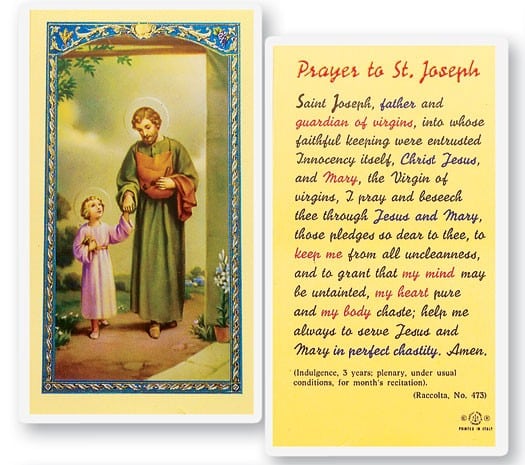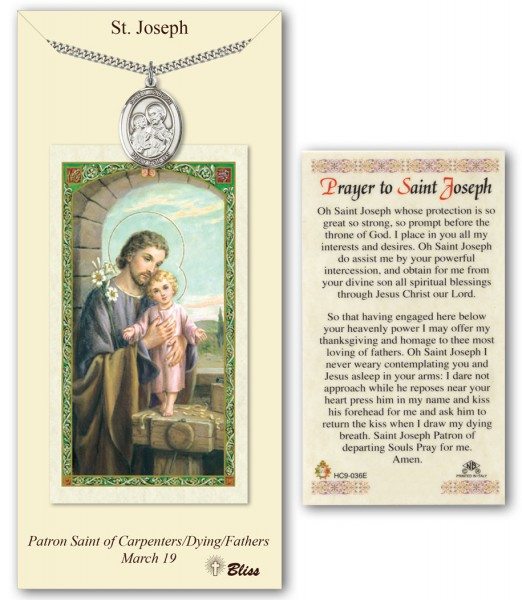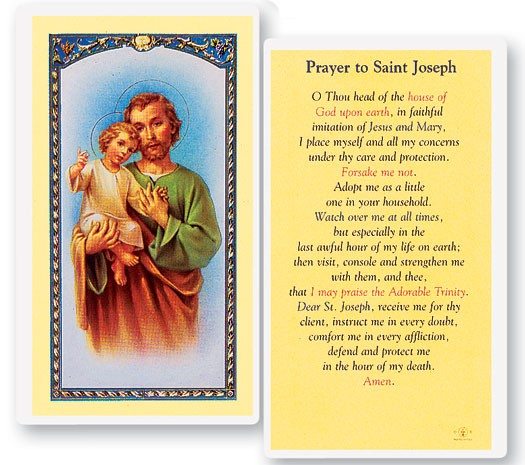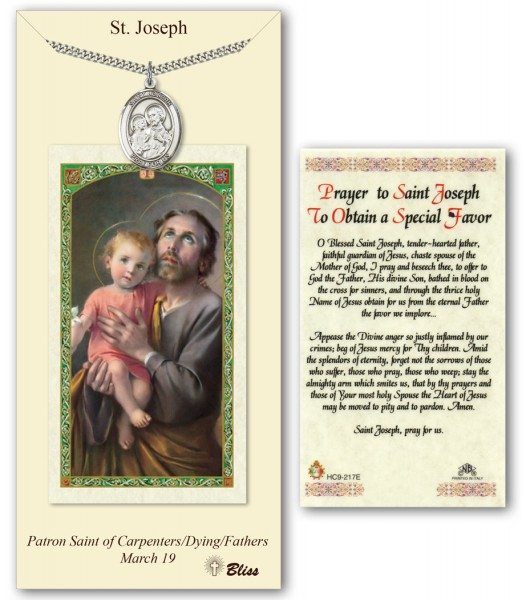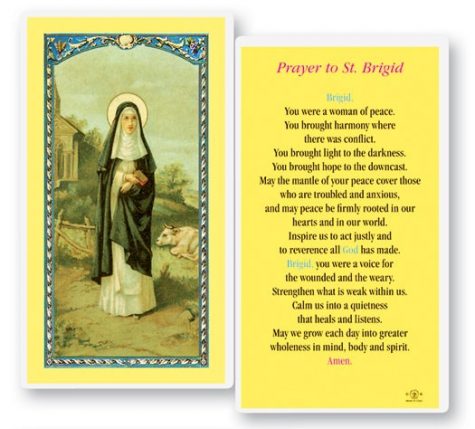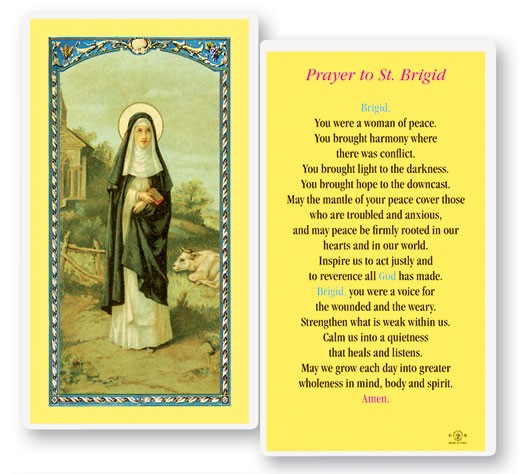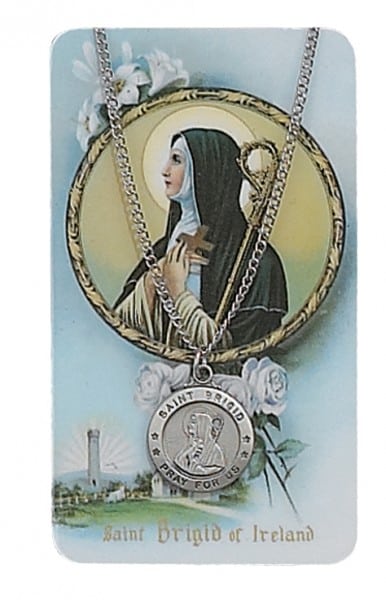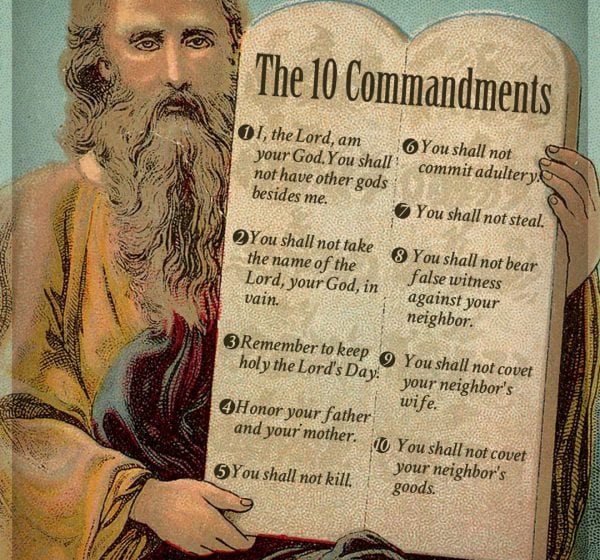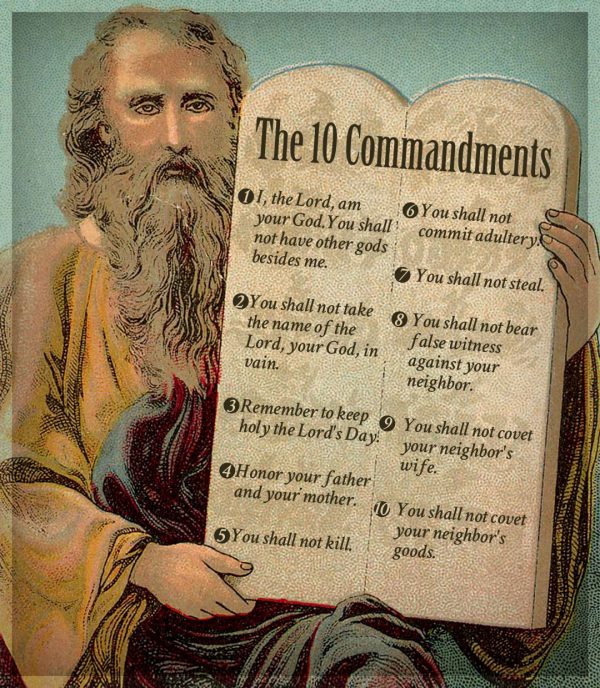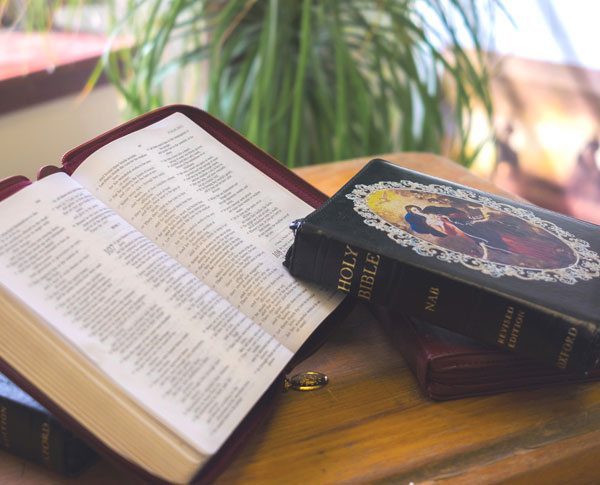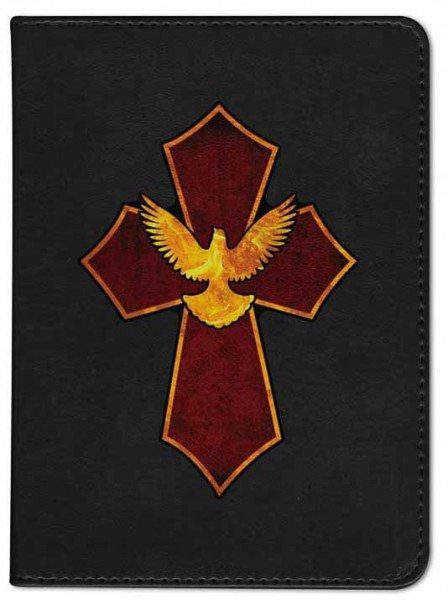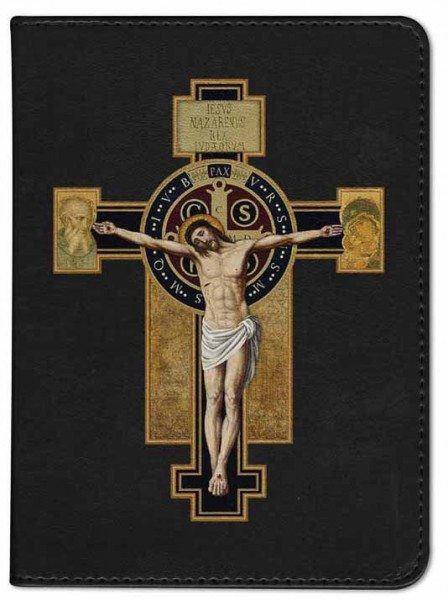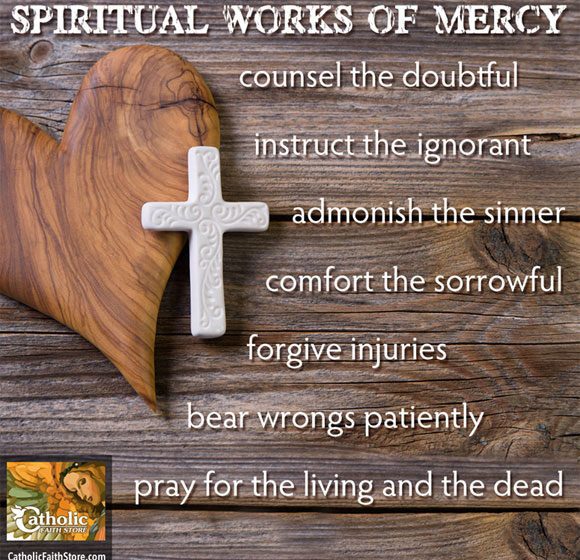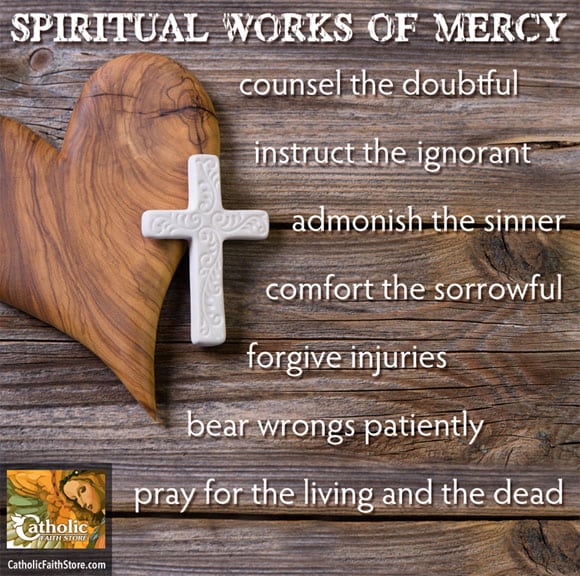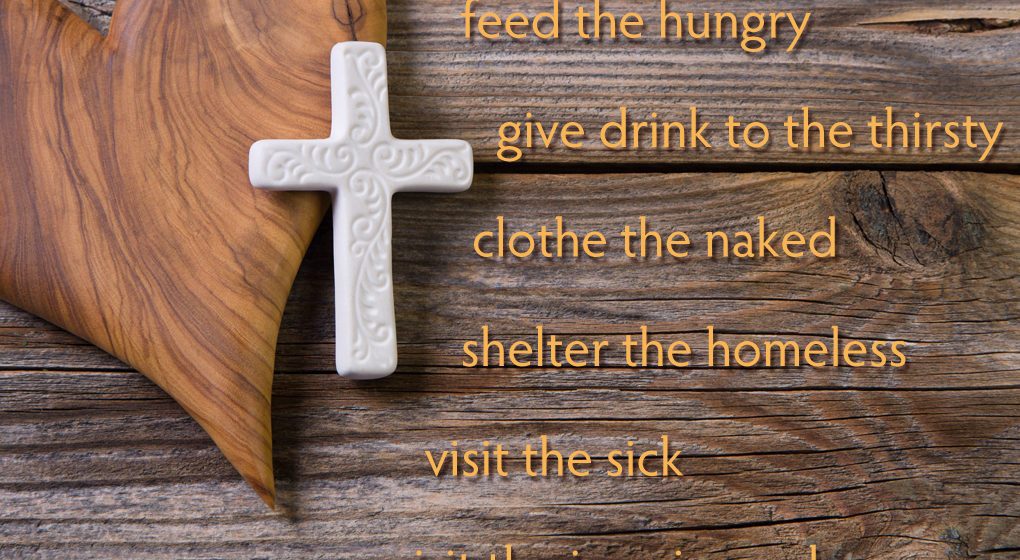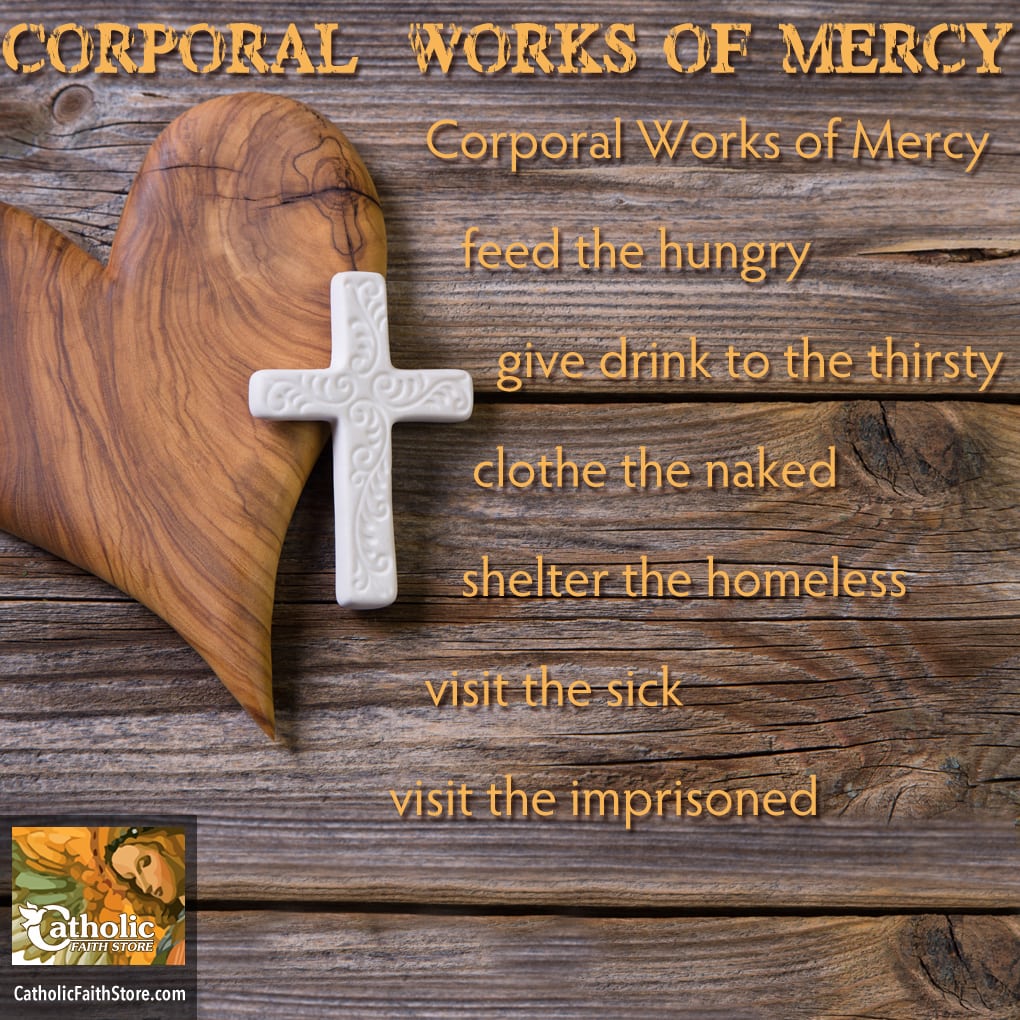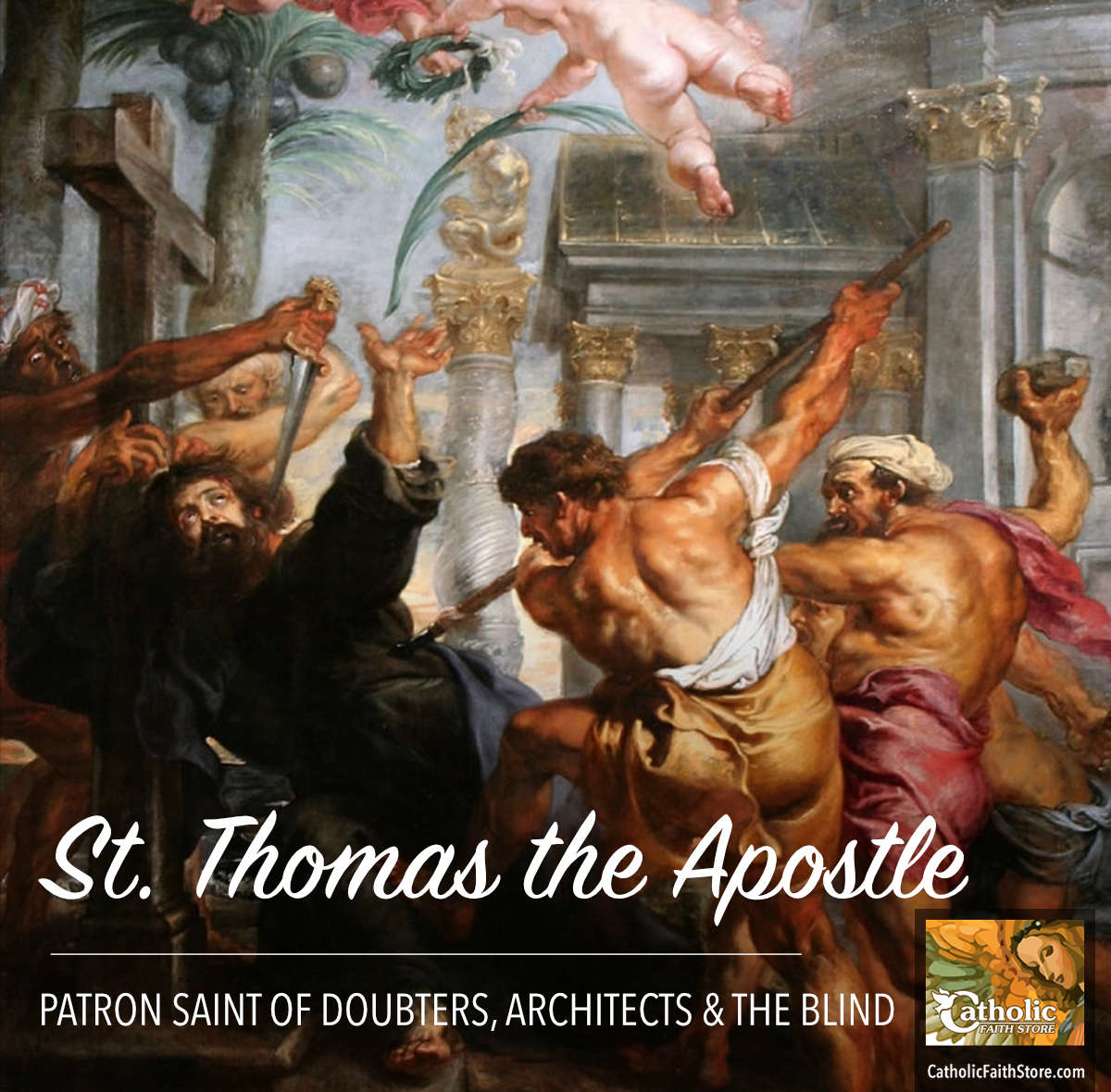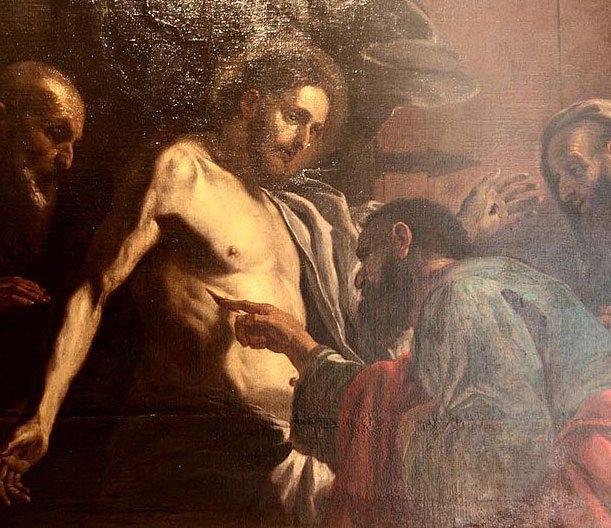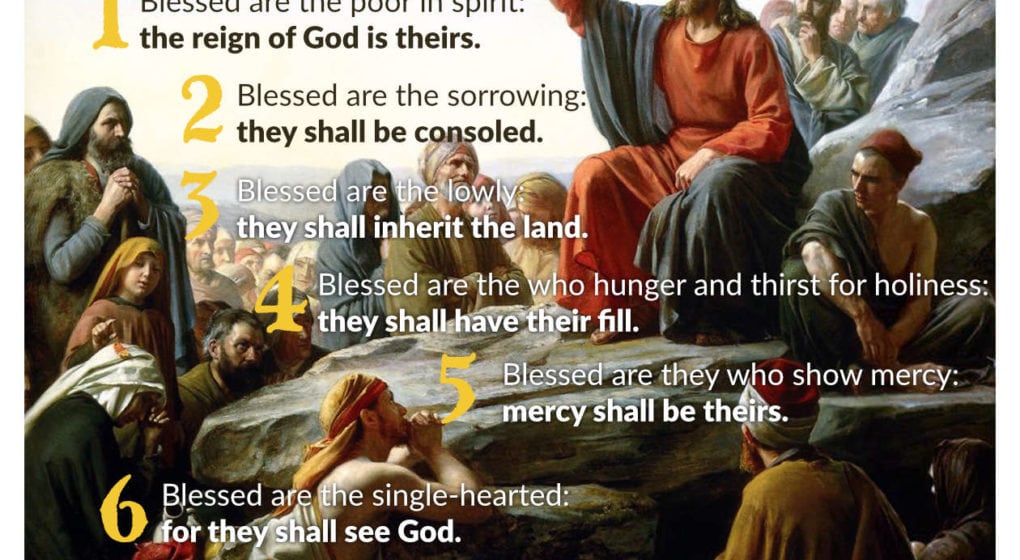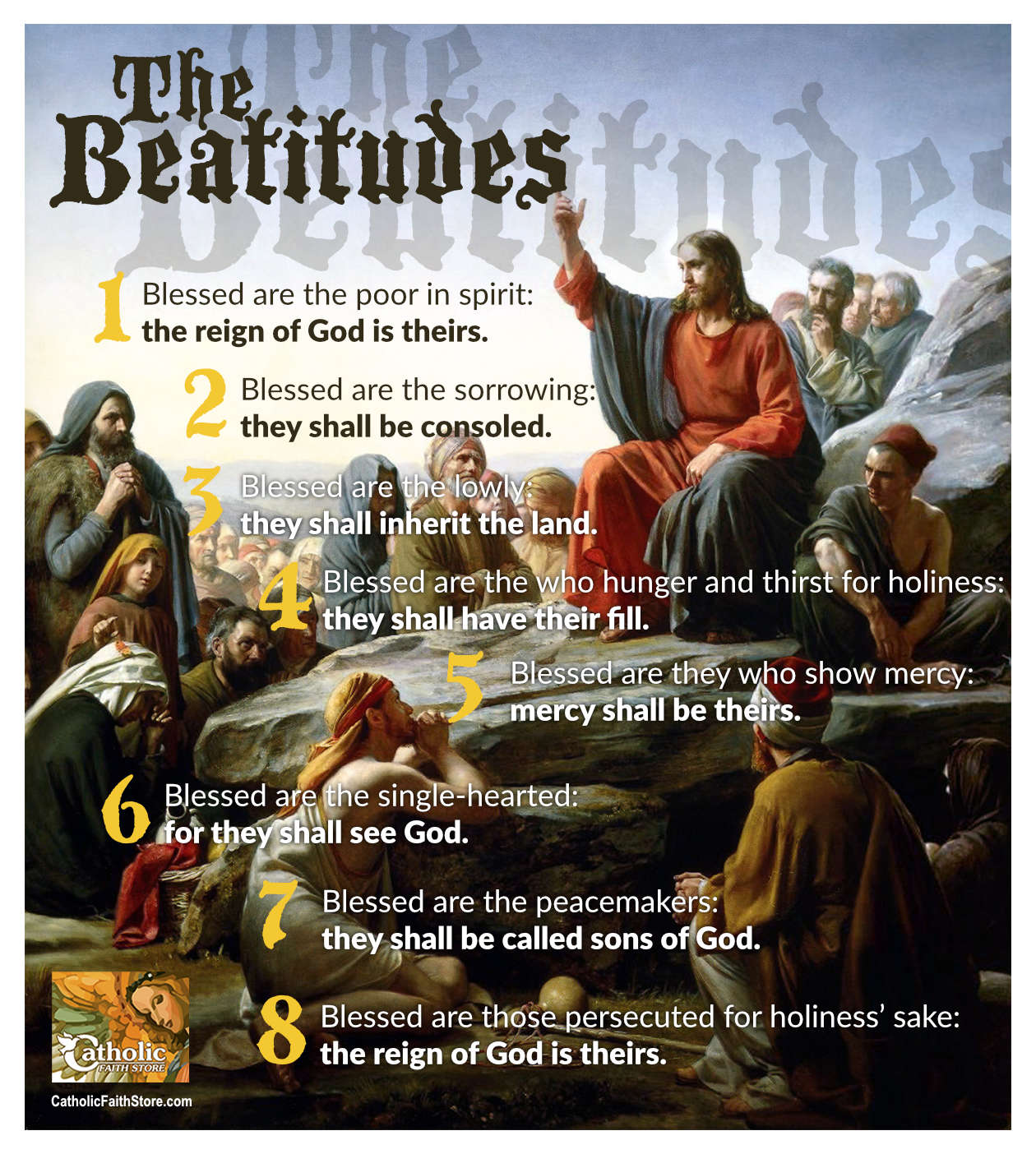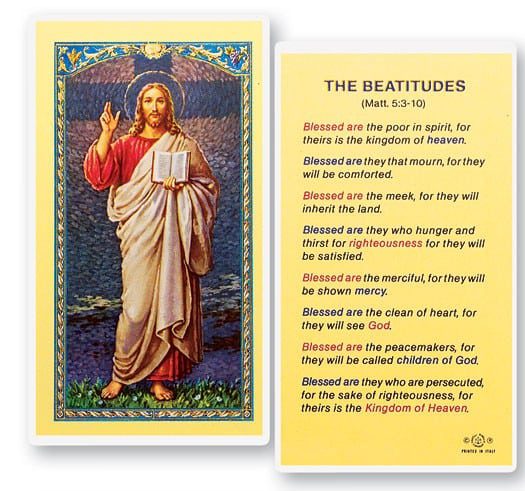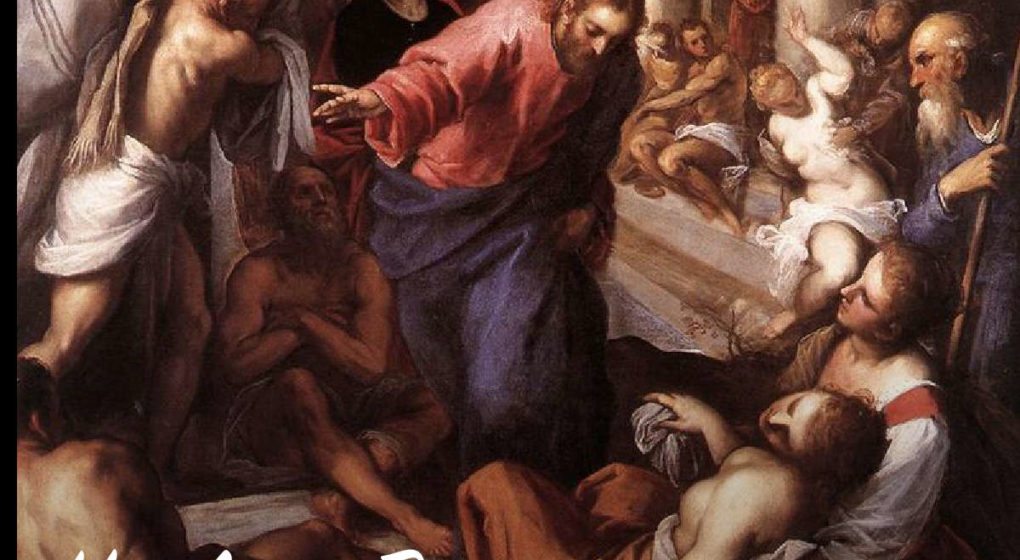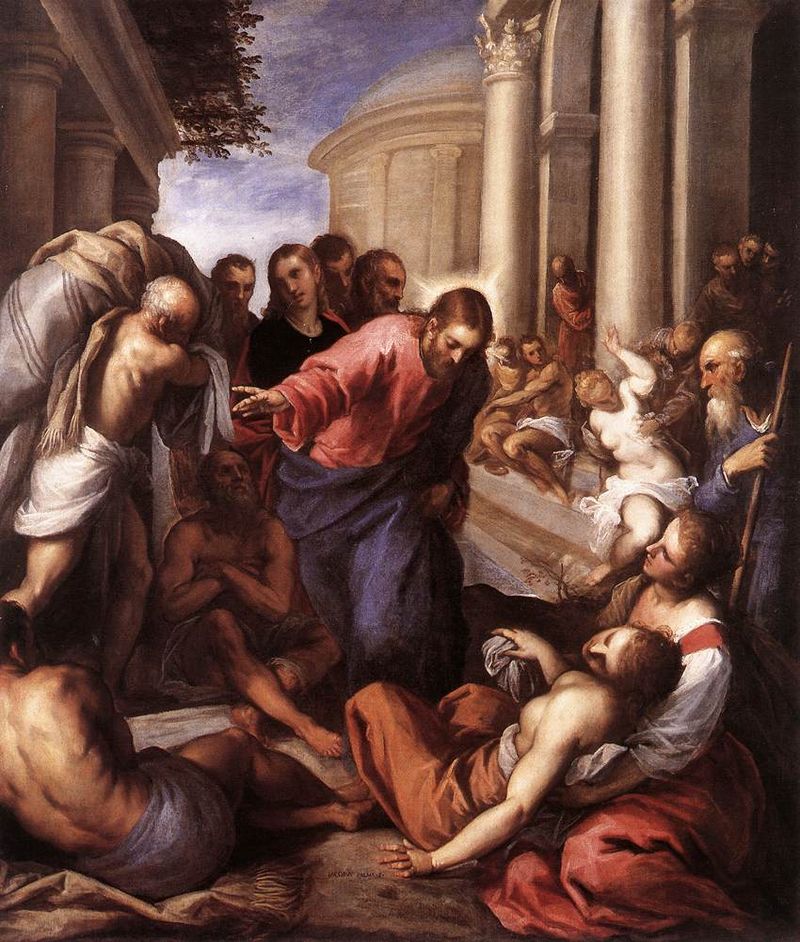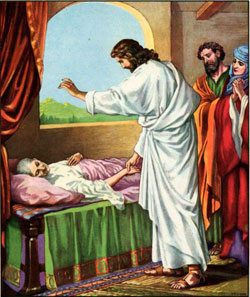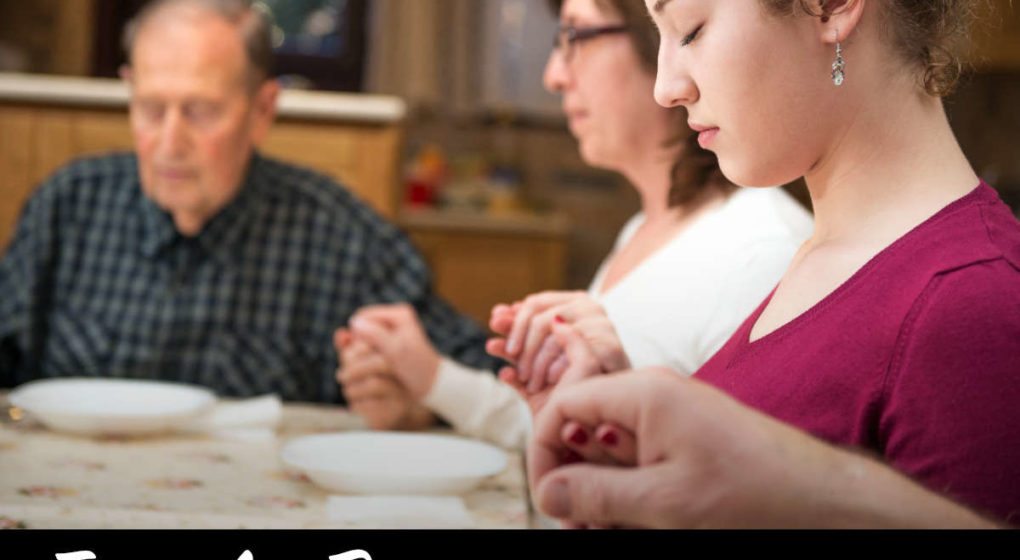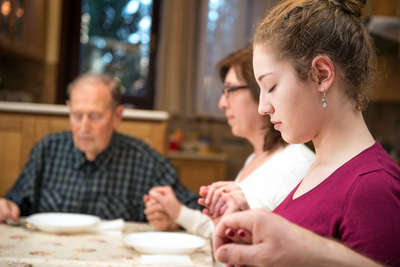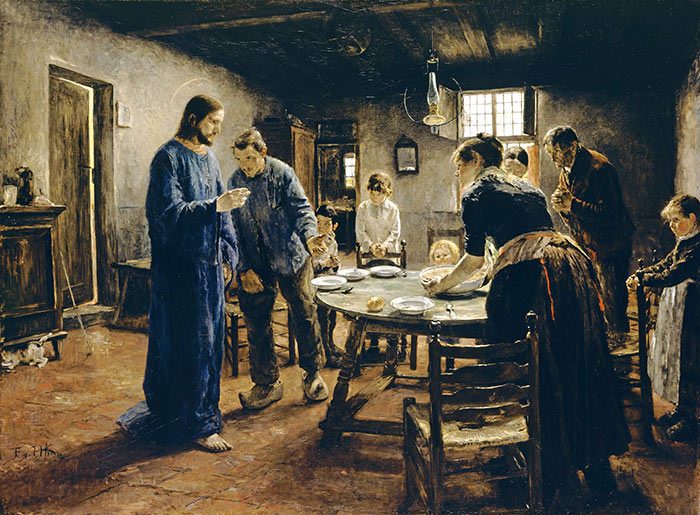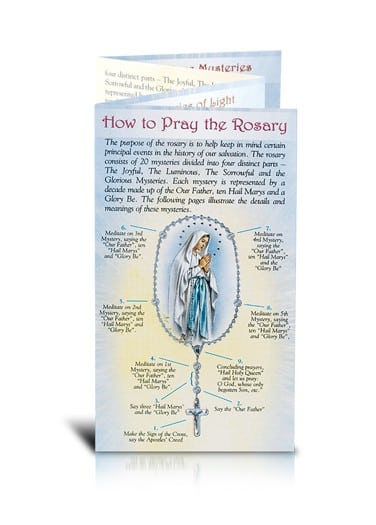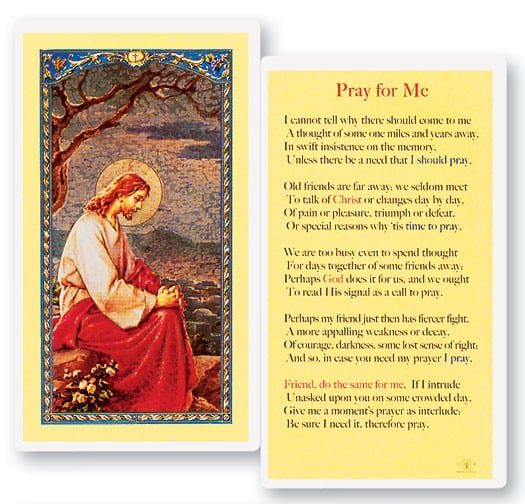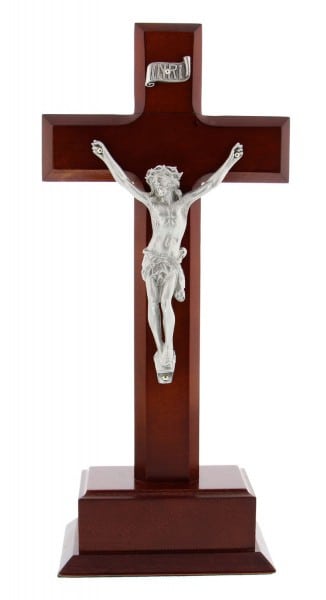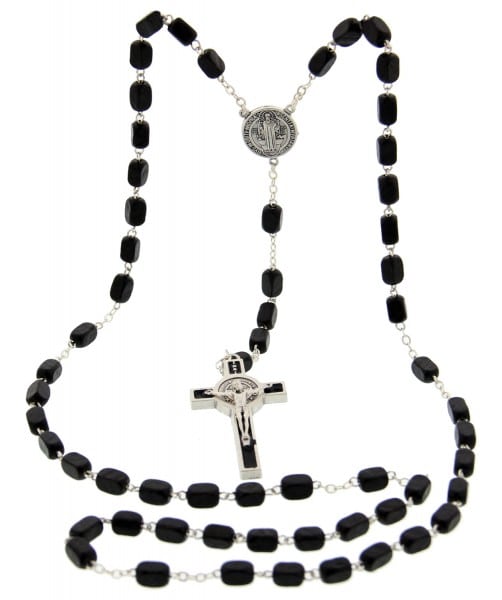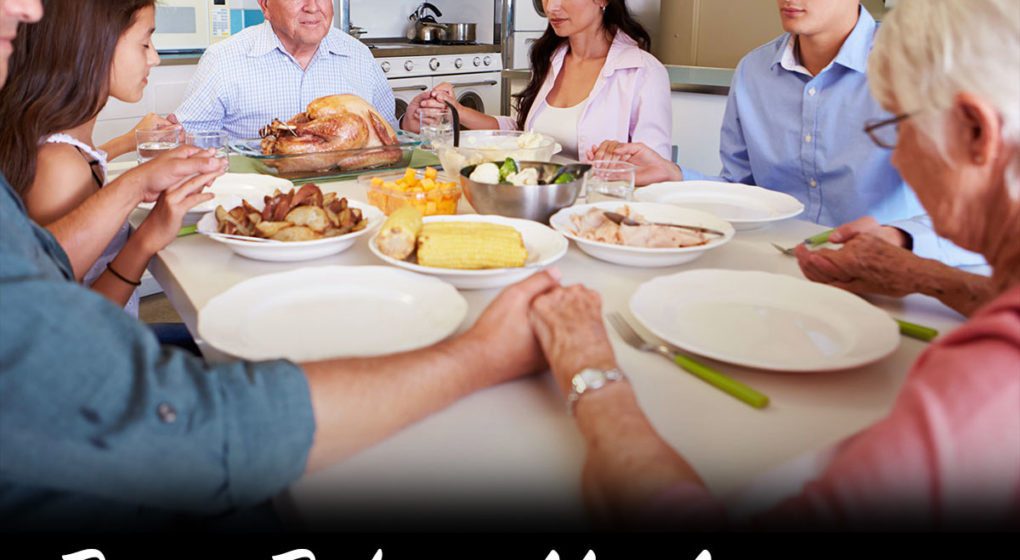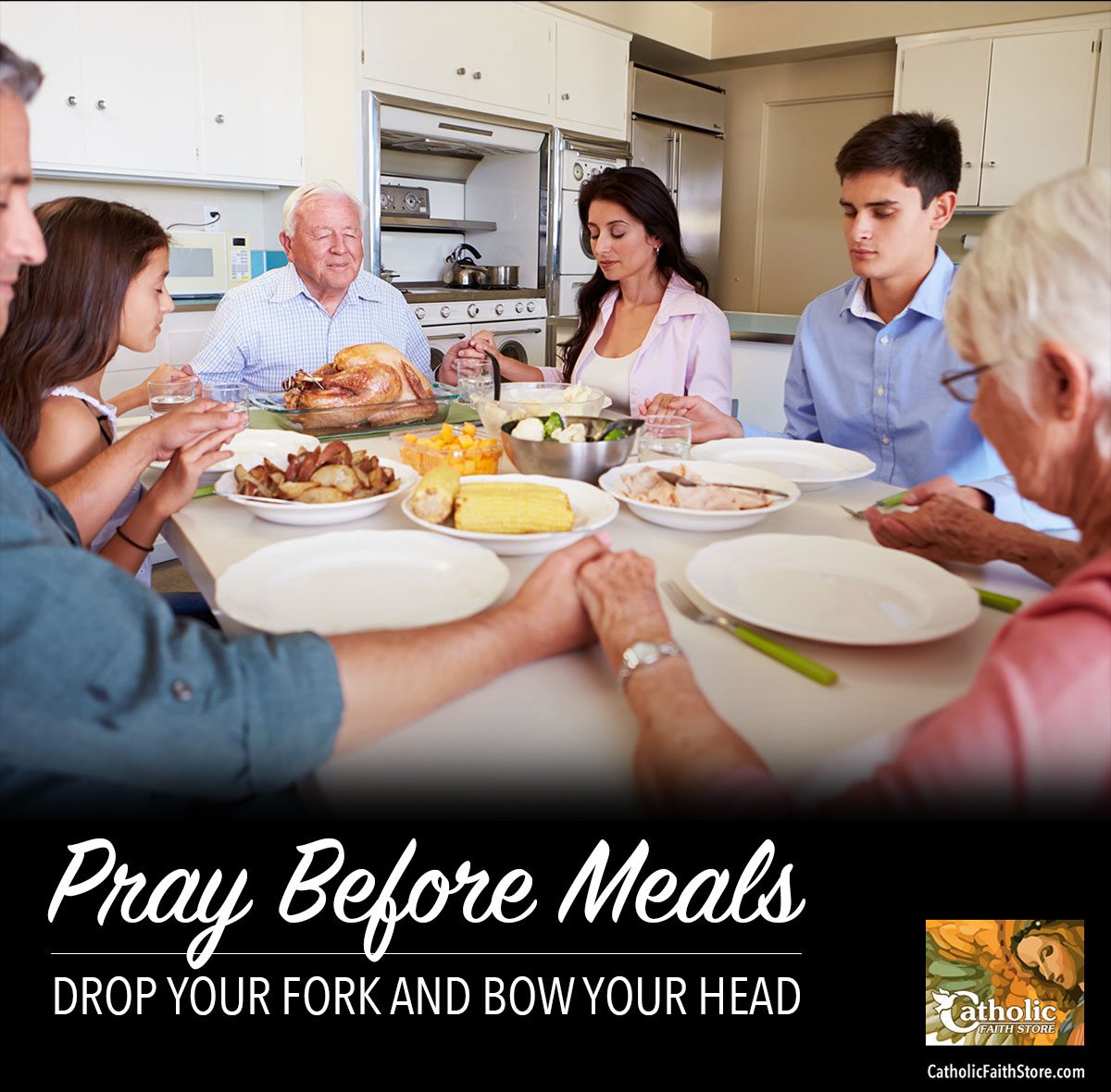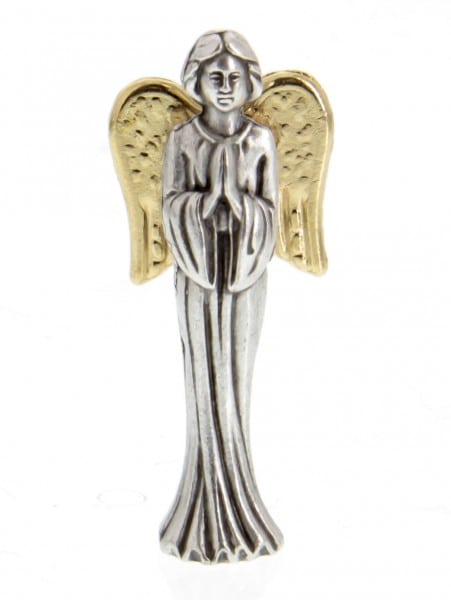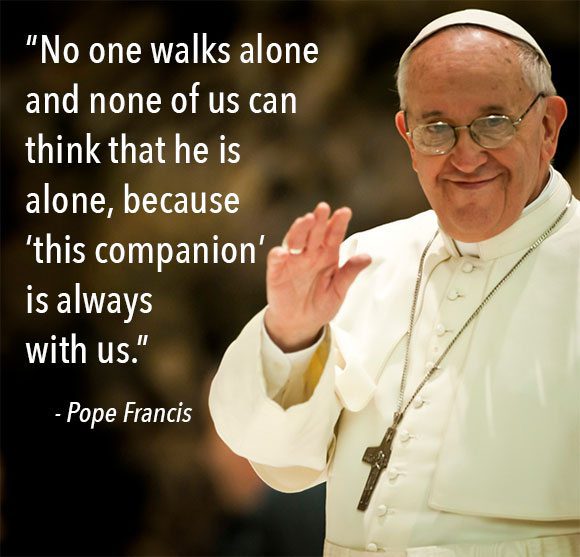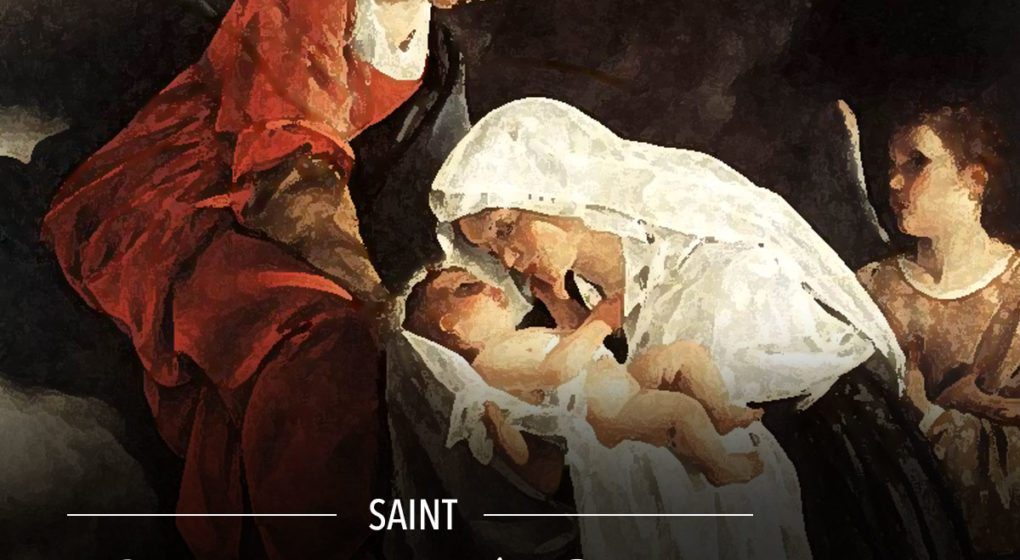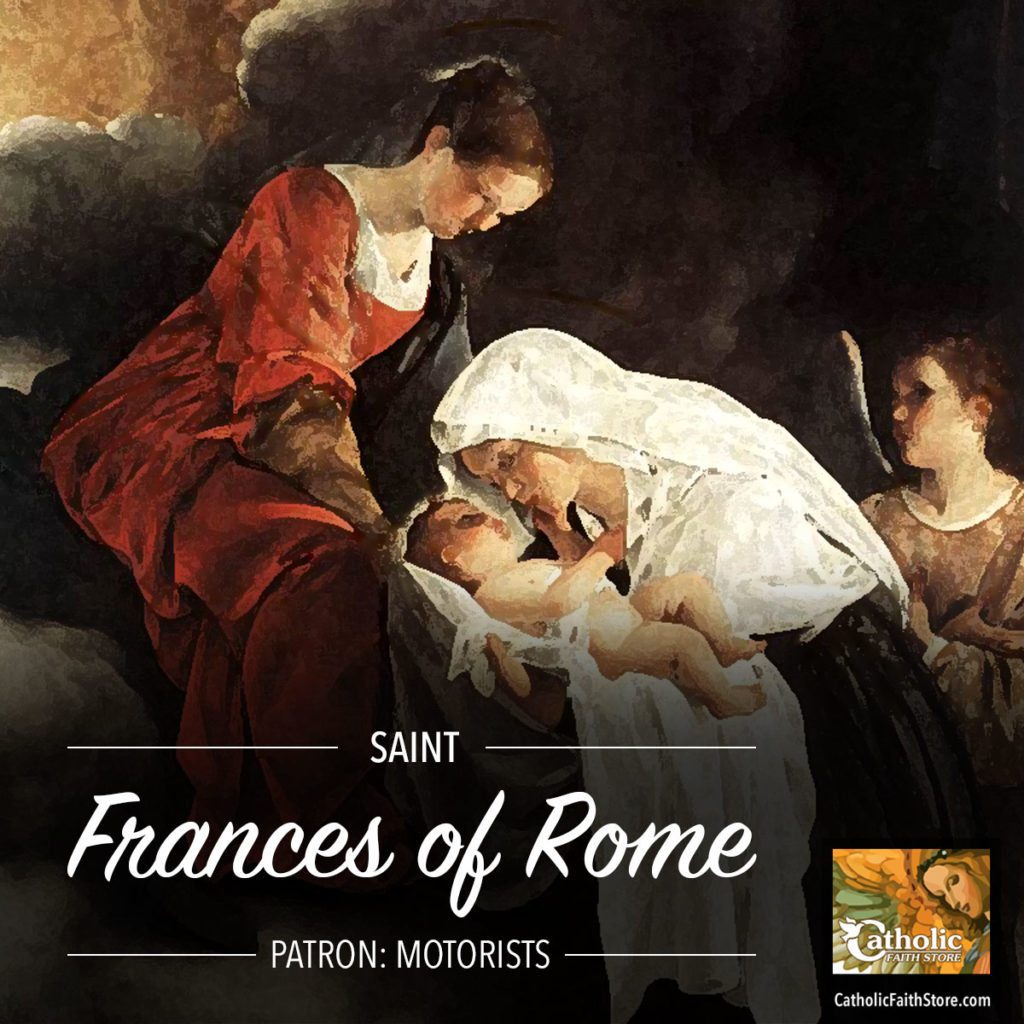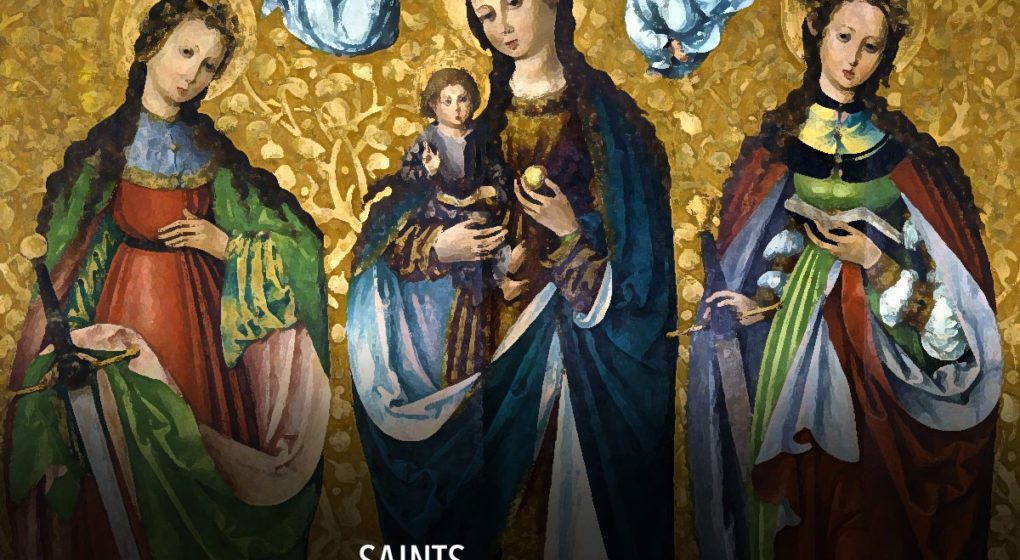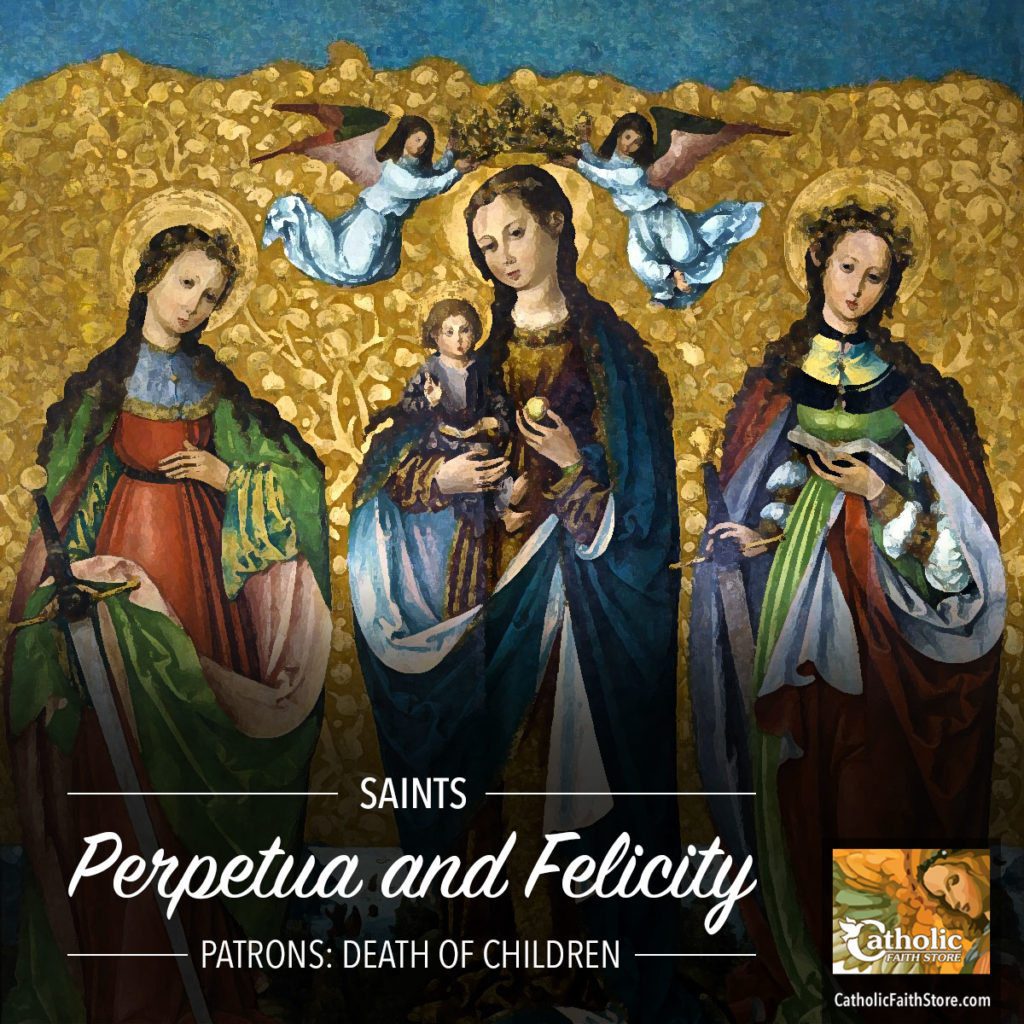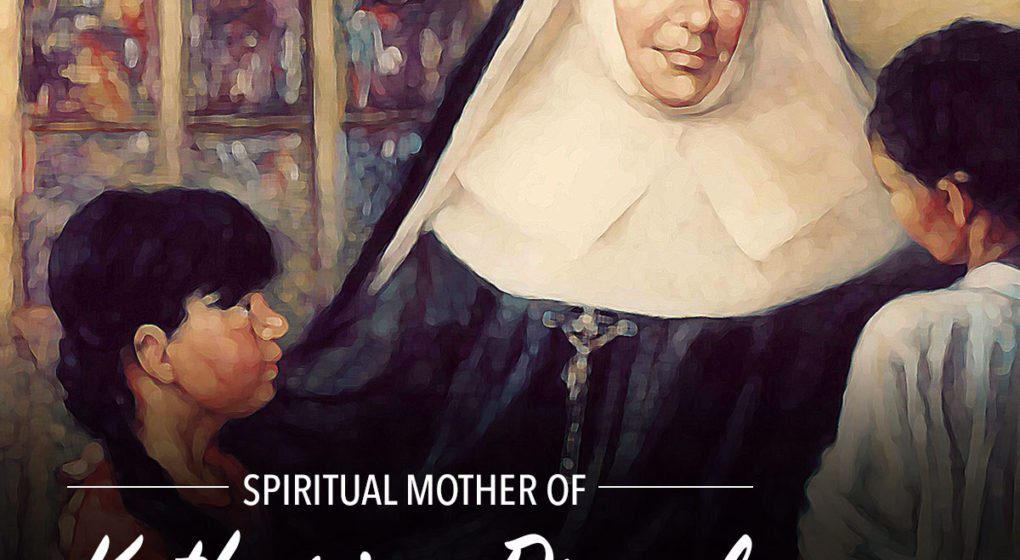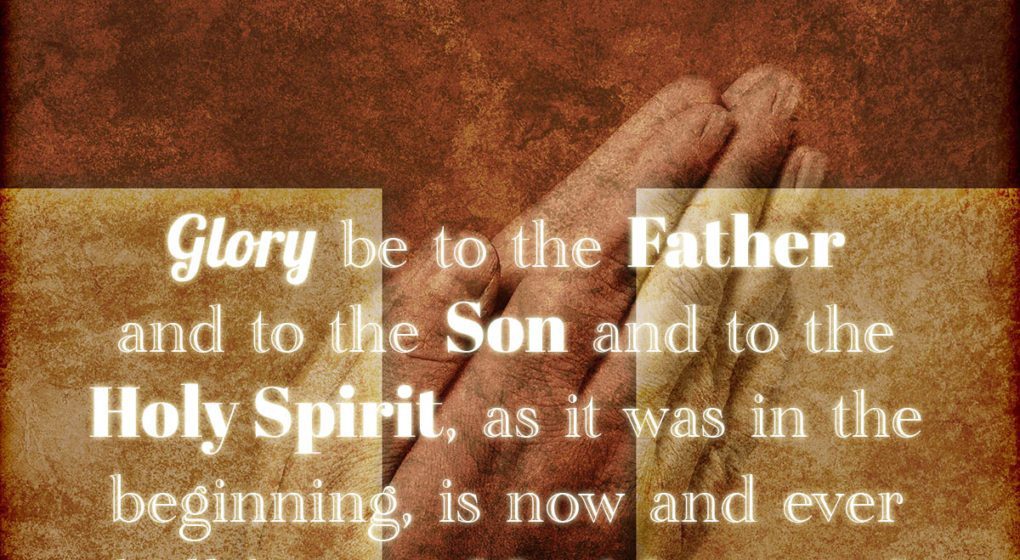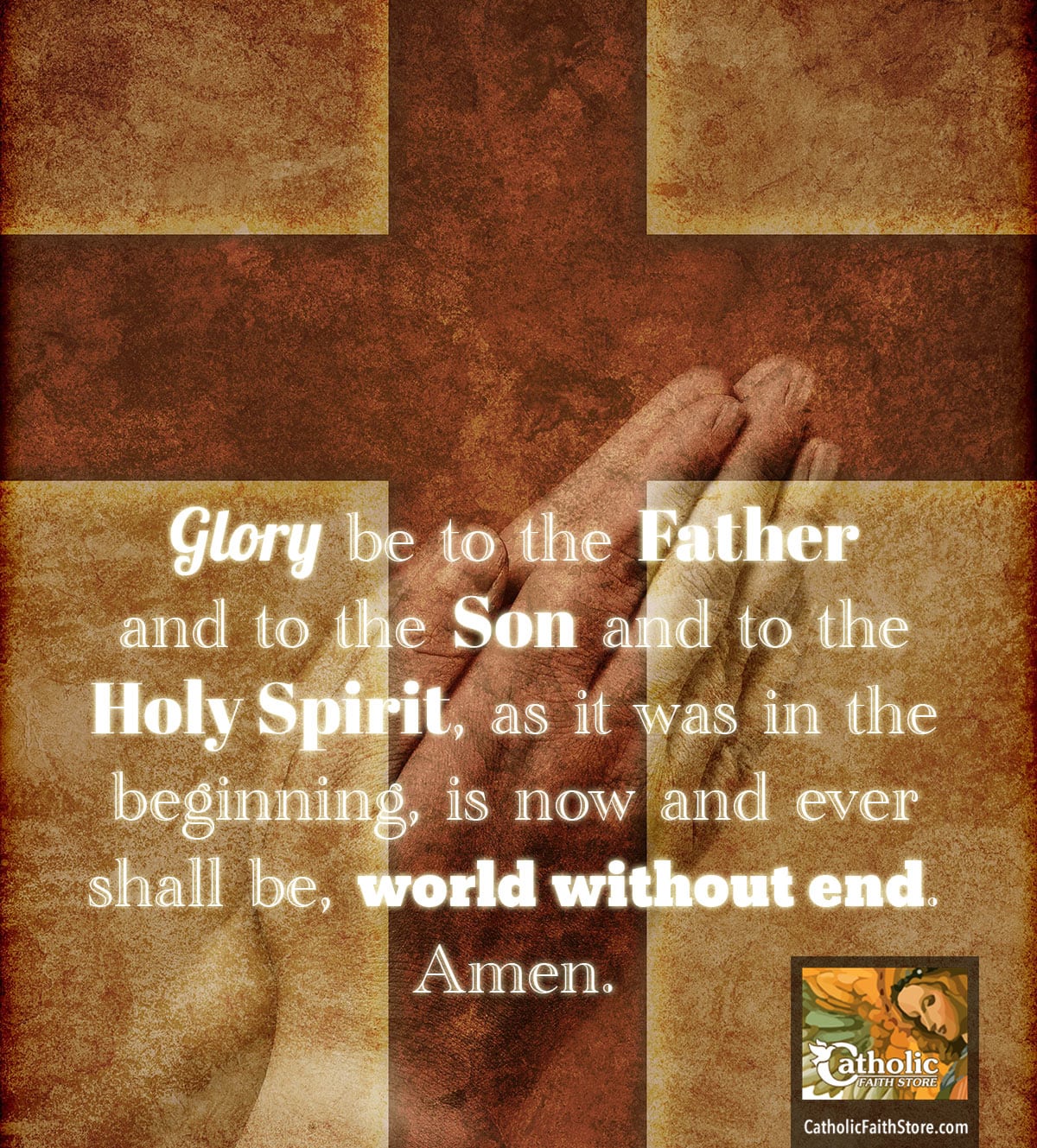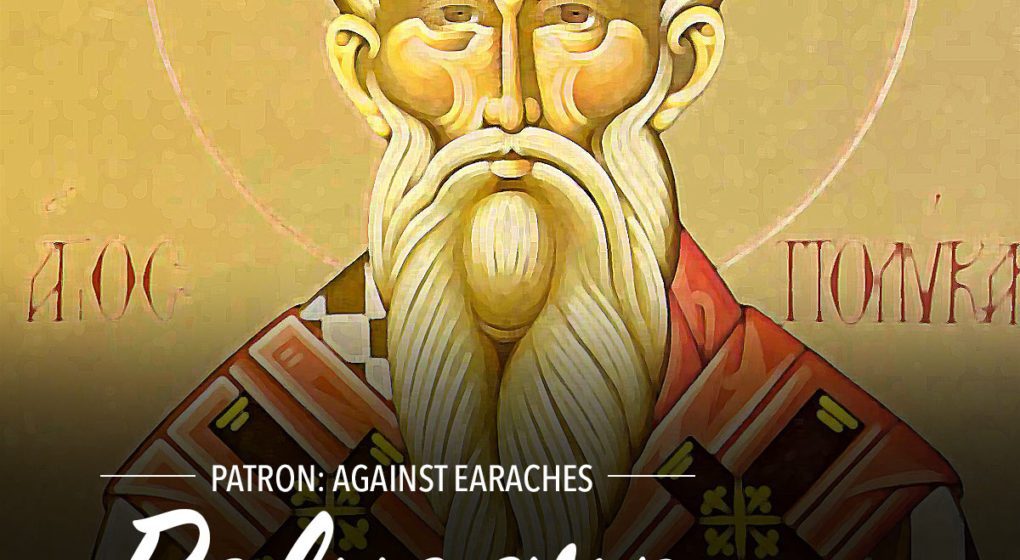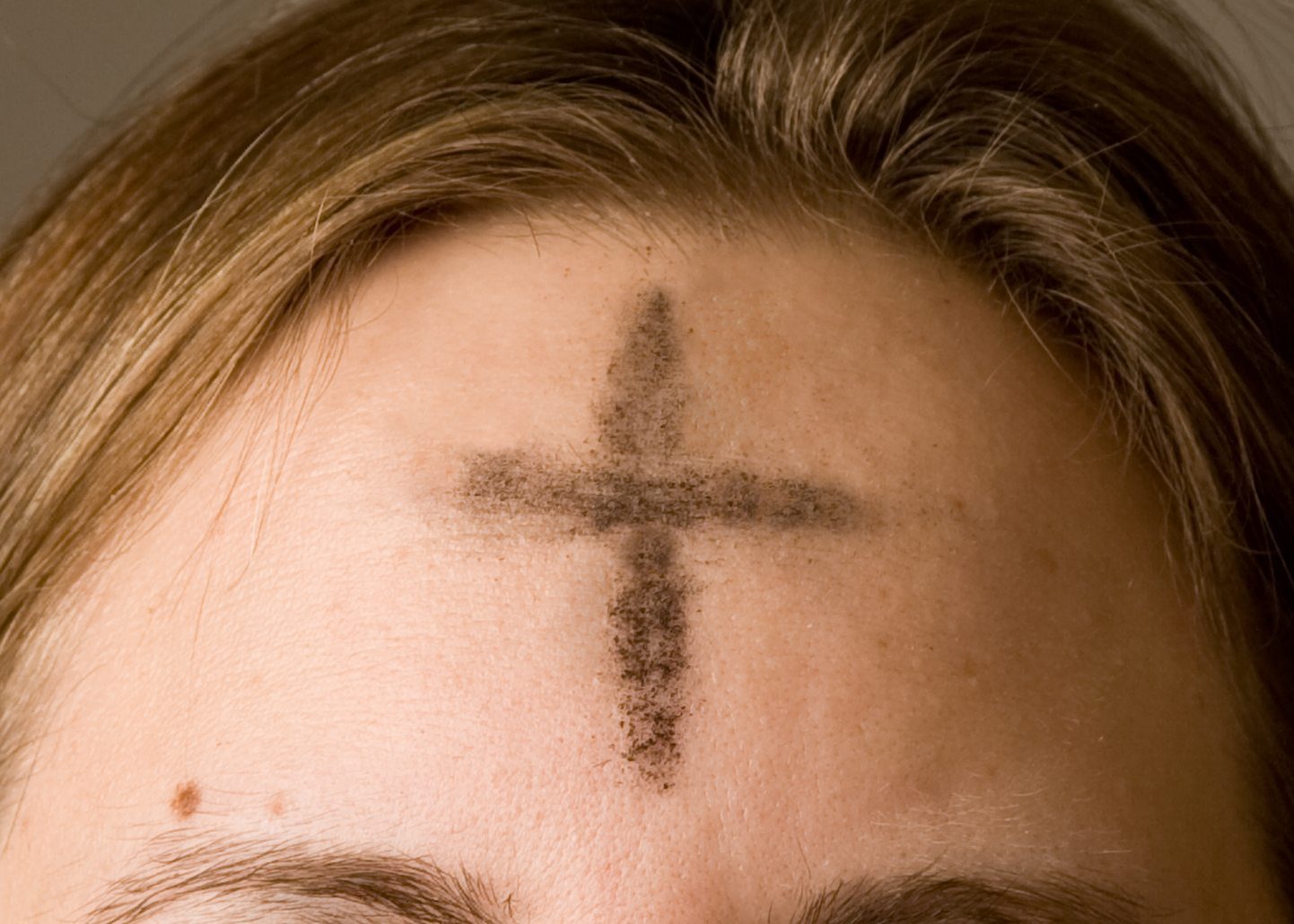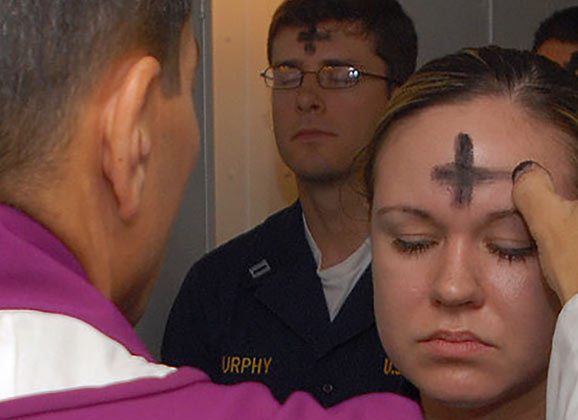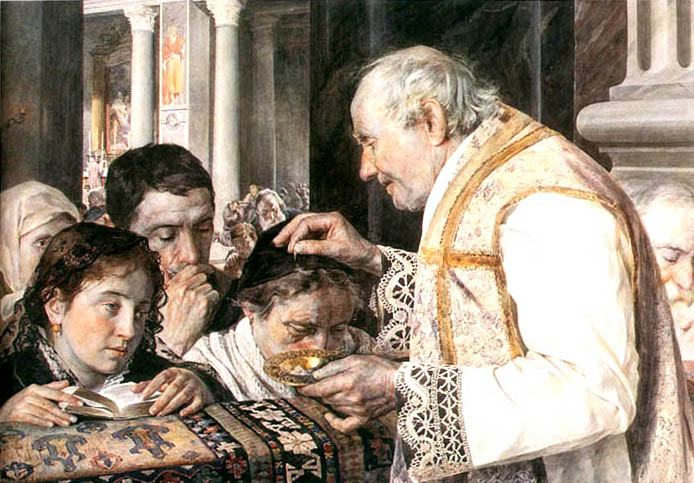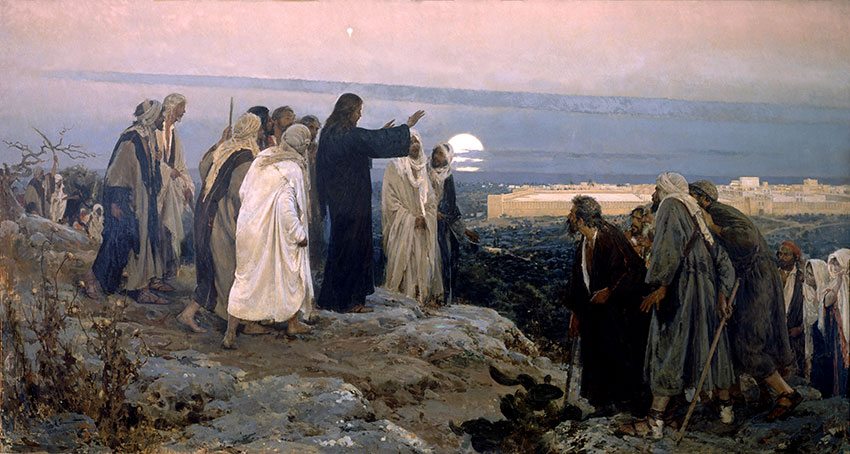Catholic Ten Commandments and how they apply to modern times.
As the popular adage says, “the times they are a changin.’” Good or bad, there’s no denying that the world is constantly changing—whether it’s politically, technologically, environmentally, socially, etc. One thing that remains unchanged is the relevance of the Catholic Ten Commandments even through modern times. Although some of the words and phrases are archaic—thou, false witness, shall not, etc.—the message of these centuries-old commandments are as relevant today as they were when they were first presented by God to Moses, well before Jesus’ time. Here’s how the Ten Commandments translate to modern times.
1. I am the Lord your God: you shall not have strange Gods before me
What or whom do your worship? The only person you should worship is God. When God is the center of your life—the One you serve, honor, and aim to please—the rest of your moral and spiritual life falls into place. Remember that God is all-powerful (omnipotent). This commandment also forbids transferring power that belongs only to God to any person or thing, such as good luck charms, horoscopes, fortune telling, etc.
2. You shall not take the name of the Lord your God in vain
Think for a moment about Jesus being tortured and crucified for the sake of your salvation, then think of the times you’ve cursed His name, spoken badly about the Catholic faith, or blamed God for your unhappiness. These are examples of taking the name of God in vain. God should always and only be revered and praised with our speech.
3. Remember to keep holy the Lord’s Day
Being a practicing Catholic requires action. Our worship of God has to be put into regular practice (by attending Sunday mass or Saturday vigil) or else our connection, faith, and relationship with our Father fades away. The worship of God on Sunday should be an integral part of our lives. Unfortunately for many, Sunday is viewed as a day off from work and school when we can sleep in, relax, or “do something fun”—not go to church.
4. Honor your father and your mother
Treating others as you would want to be treated starts with how you treat your mother, father, grandparents, siblings, etc. The foundation of our social interaction is based on our family unit. If we aren’t honoring, loving, and respecting our parents, how can we show the same sentiment to our neighbors?
5. You shall not kill
Our faith teaches us that life belongs to God. Society has evolved in such a way that many believe that if you can find a legitimate reason to take a life then it’s o.k. (There are exceptions, of course, such as self-defense). This commandment and the Bible remind us that “The Lord kills and brings to life; he brings down to Sheol and raises up.” (1 Samuel 2:6)
6. You shall not commit adultery
Adultery existed thousands of years ago and exists today. Ask yourself, “Do I respect the physical and sexual dignity of my spouse and of myself?” “Marriage is to be held in honor among all, and the marriage bed is to be undefiled; for fornicators and adulterers God will judge.” (Hebrews 13:4) Marriage is a union established by God, so to commit adultery is to sin against your spouse and God.
7. You shall not steal
This refers to stealing anything tangible and intangible that doesn’t belong to you. Do you keep the extra change a cashier gives you by mistake? Take credit for someone’s hard work at the office or claim someone’s great idea as your own? Have you cheated on your taxes? St. Thomas Aquinas took this commandment a step further, when in his collection of writings he stressed that you’re violating this commandment when you steal someone’s good name—by saying or writing things that are unfair or untrue.
8. You shall not bear false witness against your neighbor
How often have you gossiped about someone? Slandered someone? Judged someone’s actions? Betrayed someone’s confidence by sharing personal information? Stayed silent when others were speaking unjustly about someone? Imagine what the world would be like if no one ever used social media and the comments section of news sites to tear people apart, spread rumors, or insult them.
9. You shall not covet your neighbor’s spouse
In addition to the commandment, You shall not commit adultery, God is reminding us of the slippery slope we place ourselves on when we covet (or desire or want) someone else’s spouse, even if we don’t plan on acting on our impulses: "But I say to you, everyone who looks at a woman with lust has already committed adultery with her in his heart.” (Matthew 5:28)
10. You shall not covet your neighbor’s goods
“Keeping up with the Joneses” is exactly what this commandment warns against. It’s easy to fall into the trap of comparing our lives with those of others and making it our goal to have what everyone else has. Social media makes it even easier to fall into this envy trap, making us envious of everyone else’s cars, vacations, relationships, etc. … Suddenly we feel inadequate and cast aside all of our qualities and accomplishments as being “not good enough.” Imagine how heart-wrenching this is for God to witness.
The Ten Commandments Aren’t Optional
Remember that the Ten Commandments aren’t suggestions or optional laws we can choose to apply if and when it’s convenient for us. They are laws given to us by God that we are
commanded to follow each day if we want to stay united with God, make moral choices, and obtain eternal life. “Teacher, what good must I do to gain eternal life?” He answered him, “Why do you ask me about the good? There is only One who is good. If you wish to enter into life, keep the commandments.” (Matthew 19:16-17)


